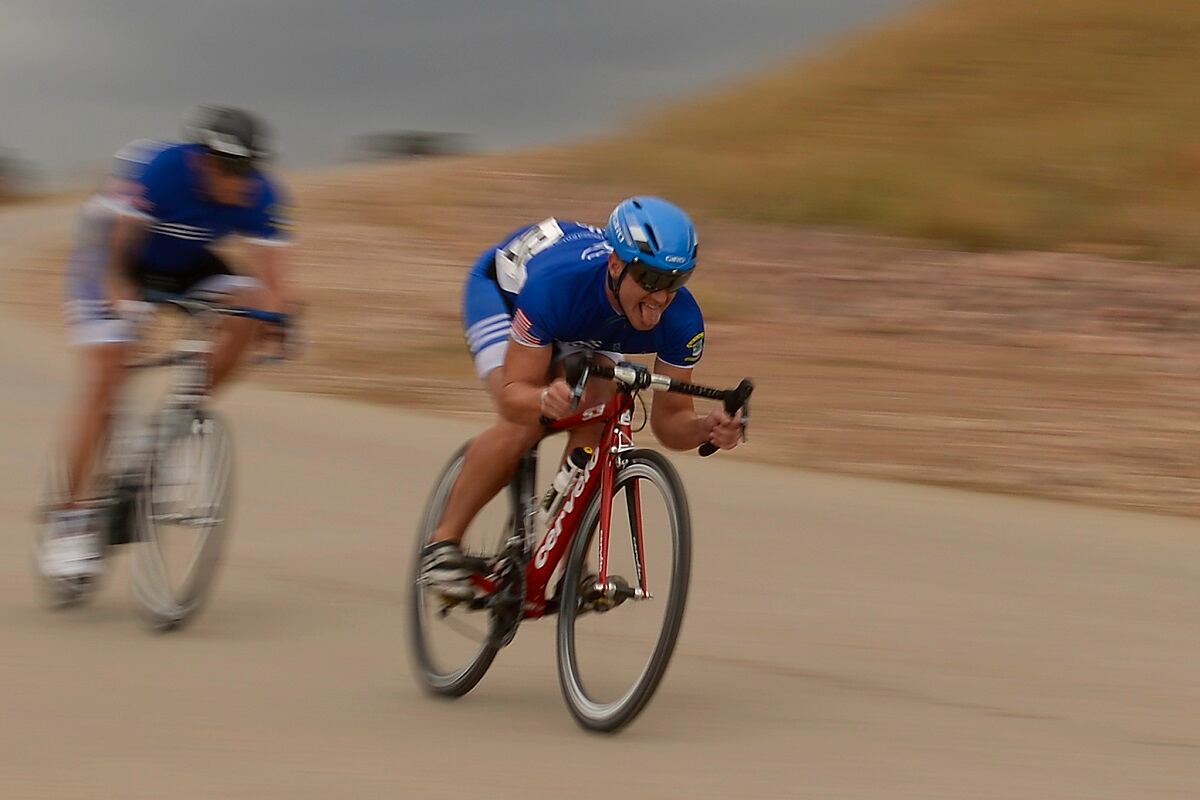Two Air Force veterans who were severely injured during their service, and who suffered from the “invisible wounds” of post-traumatic stress, said they had to overcome fear of the stigma sometimes associated with getting help ― and their own pride ― to recover from their wounds.
The airmen talked about their roads to recovery during the Air Space Cyber Conference at National Harbor, Md., Monday.
Former Tech Sgt. Joshua Miller and Capt. Mitchell Kieffer, both medically retired, suffered significant injuries during their time in service. Those injuries led to a string of surgeries for both veterans and, ultimately, a choice: between reaching out to overcome those injuries or to isolate themselves.
Smith joined the Air Force in 2003 as an aircrew flight equipment specialist and served on active duty for 13 years.
During Combat Survival School, he was injured after being thrown into a culvert, which led to surgeries on both hips, his right shoulder and elbow.
Click here for the latest coverage from the Air Force Association.
When a friend suggested he join the Air Force Wounded Warrior Program, Smith hesitated because he felt his non-combat injuries didn’t warrant joining the program. He didn’t “fit the bill” of those wounded in combat, he said.
“I felt [the program] was really sacred and that I didn’t belong,” Smith told the audience.
“But everybody has a story. It doesn’t matter if it’s combat or non-combat related,” he said. “So many airmen are kind of afraid to go to their first camp because of what they’re struggling or dealing with,” Smith said.
Being around others who can relate to what you’re going through makes it easier to share your stories and your feelings, he said.
Kieffer, who was injured while on a voluntary deployment with the Army Corps of Engineers in 2011, echoed those sentiments.
“Whenever we go to these [Wounded Warrior] camps and events, we know we’re not going to be judged,” said Kieffer.
He was part of a convoy that was attacked by an improvised explosive device, rocket-propelled grenades and small-arms fire. He sustained seven broken vertebrae and had memory issues. Because of this, Kieffer is rated 100 percent disabled.
For both men, dealing with their physical injuries was difficult, but dealing with the unseen wounds of post-traumatic stress was also quite tough. Perhaps the biggest reason troops don’t want to admit their unseen wounds is pride, they said. Their initial reaction is not to seek help but to tough it out.
“That’s been the biggest issue I’ve seen and dealt with,” Kieffer said. Pride has held a lot of recovery back,” he said. “Stop letting pride affect you.”
Becoming involved with Warrior Games was a transformative experience for both airman, they said. Kieffer was the 2015 and 2016 ultimate champion, which is based on five athletic categories. of competition.
“Any time you have the opportunity to tell your story, tell it,” said Chief Master Sgt. Nicole Johnson, chief of the Air Force Wounded Warrior Program. “Your story will help others tell theirs.”

Charlsy is a Reporter and Engagement Manager for Military Times. Email her at cpanzino@militarytimes.com.




